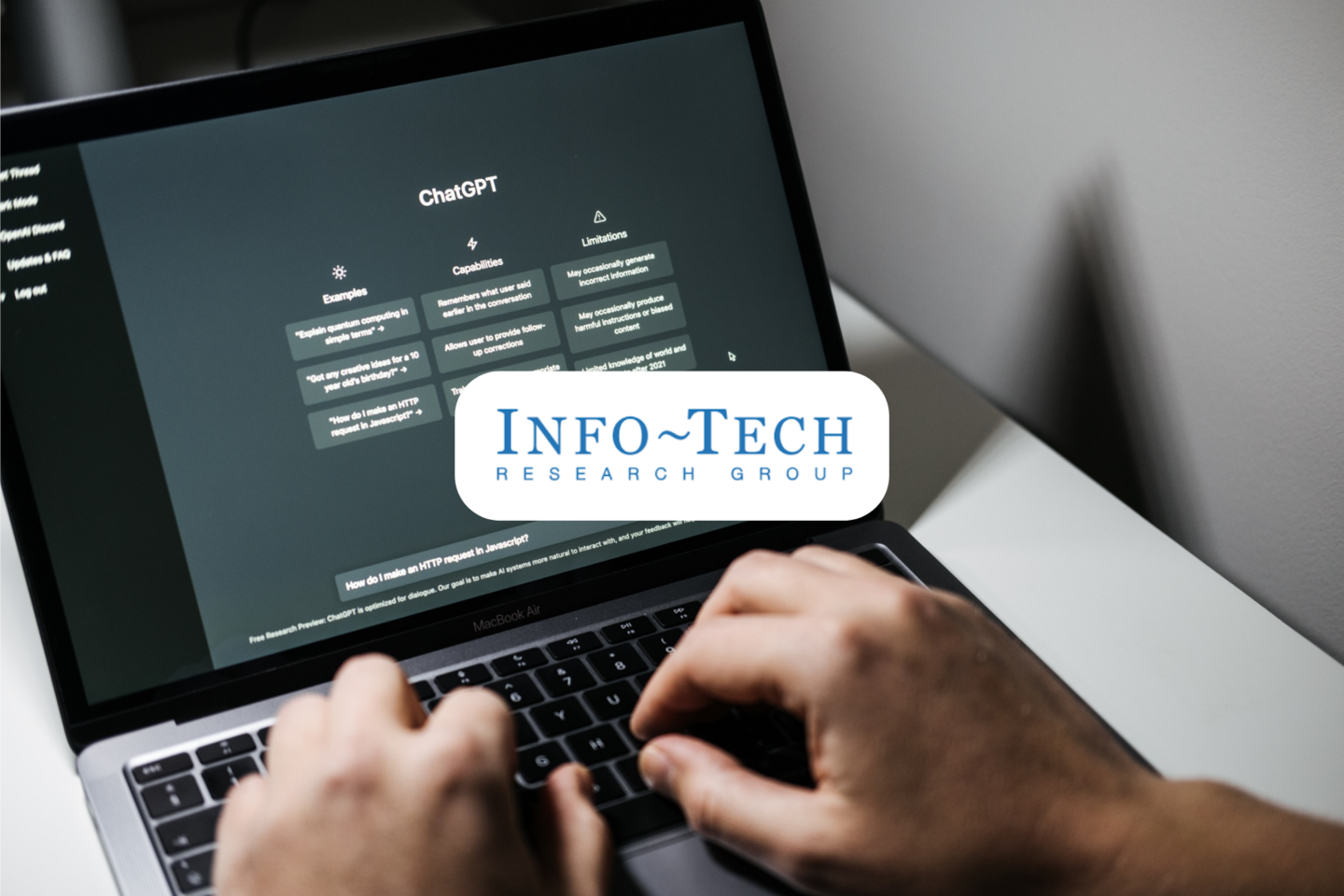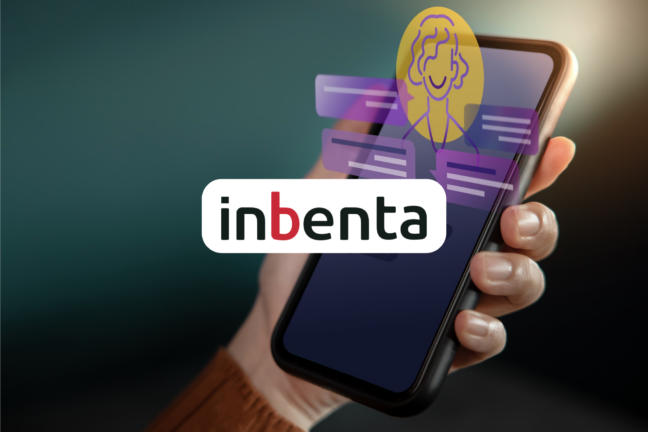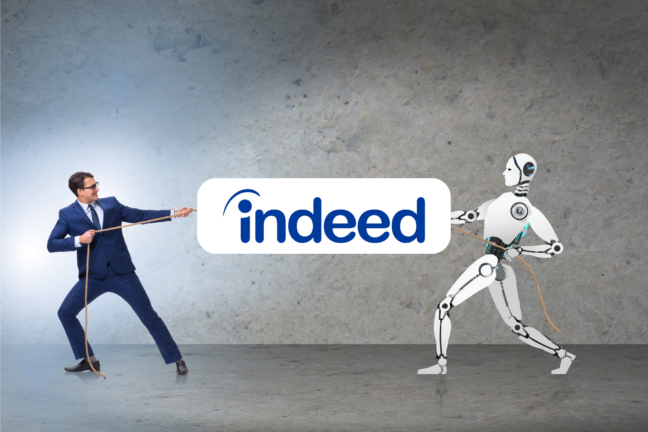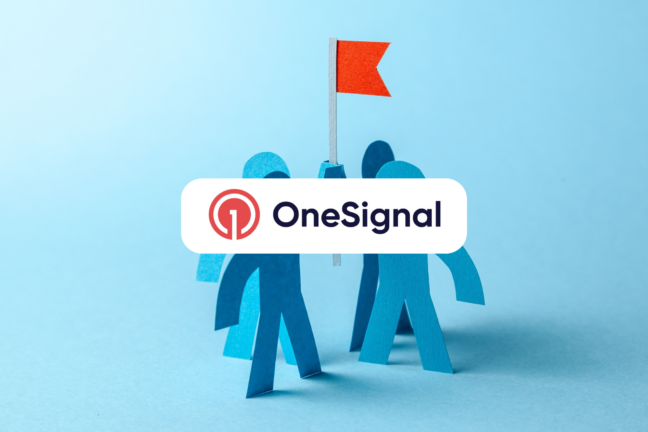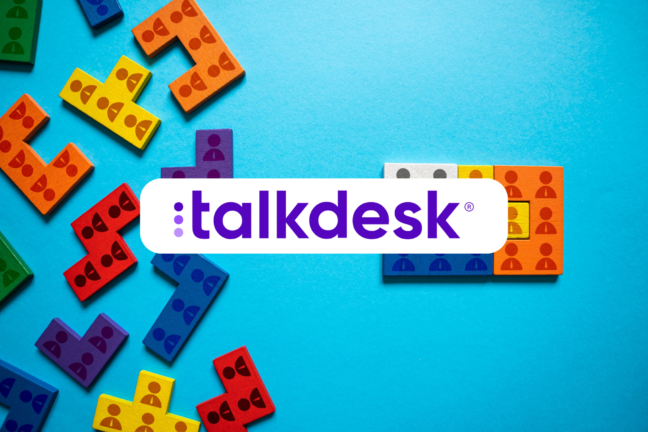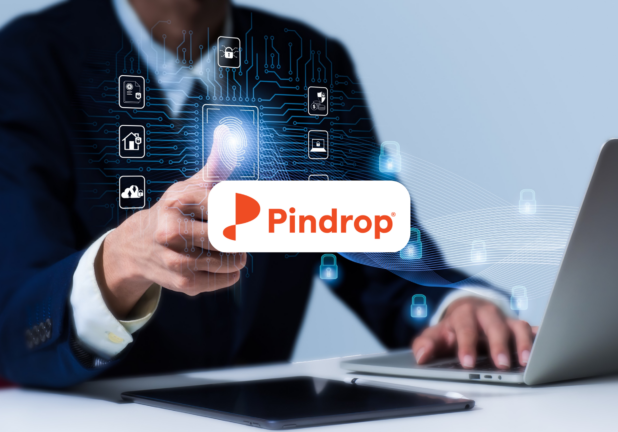Research and advisory company Info-Tech Research Group has conducted research on the future of a large language model developed by Open AI, ChatGPT, to help businesses understand its potential and use cases. Conversational AI technology has become one of the critical factors for boosting customer experience, and the latest innovation in this field is ChatGPT. It can hold a conversation as a human would on various topics, leveraging the latest advances in generative AI.
ChatGPT stands for Chat Generative Pre-trained Transformer, and it is a chatbot that provides answers to a variety of questions. What makes this AI chatbot stand out is its capability to carry out human-like conversations beyond simple questions and answers - it can also write poetry, debug code, and help with software and hardware issues.
"OpenAI trained its ChatGPT language model using supervised learning and reinforcement learning. This means that the language model was repeatedly trained by a human that demonstrates the desired behavior and then supervises the output produced by the model, reinforcing the learning by ranking outputs based on their quality," says Jeremy Roberts, research director at Info-Tech Research Group.
Compared to a typical chatbot or intelligent assistant, ChatGPT is designed to respond to feedback, request clarification, and iterate on its answers according to a user's response.
"Whether ChatGPT thinks it's a gimmick or not is irrelevant if there are no concrete use cases for the tool. Fortunately for OpenAI and others operating in this space, many generative AI use cases exist, including enterprise support, customer interactions, and even new product development," says Roberts.
The untapped potential of the next super bot
The internet and the media have already started exploring the possibilities of employing ChatGPT for different purposes - from writing your homework for you to replacing programmers, lawyers, and copywriters. However, we have yet to see how OpenAI will do when the initial excitement wears off.
When it comes to business use cases, research by Info-Tech suggests the following areas where ChatGPT can make a difference:
-
Enterprise Support – ChatGPT and its capabilities which differentiate it from other AI tools, may help make the effective organization of information more accessible and thus help with enterprise support.
-
Customer Interaction – Because of user frustrations caused by most chatbots, generative AI can improve and streamline the customer journey, answer questions cost-effectively, and more intelligently direct users to suitable products and services.
-
Product Development – ChatGPT enables intelligent solutions to the workflow of anyone who creates content. Generative AI helps generate marketing copy, summarise long documents, and even author communications.
Info-Tech's advisory deck has offered three key recommendations to organizations considering ChatGPT and other generative AI:
-
Analysis before deployment - The company highlighted that ChatGPT and other generative AI solutions are tools that may or may not be of help for different types of problems. Businesses need to understand which processes ChatGPT is best for supporting and thus take advantage of the capabilities such as friction reduction, increasing the quality of the service experience, and driving efficiency.
-
Assistance rather than a replacement - Info-Tech suggests starting with augmentation rather than going straight for AI. Generative AI is not self-sufficient, and it is necessary to have guidance and feedback from human curators. The IT sector should prepare to bear the costs of enhancing supervisory capabilities as more processes are augmented.
-
Tightened security - Organizations should prepare for new potential problems. When chatbots interact with users and provide content, organizations face a potential legal risk as bots may copy content from other sources or produce offensive images. For this reason, organizations should consider legal advice before leveraging such technologies.
Even though the capabilities of generative AI like ChatGPT can help reduce manual workflows, they may still expose companies to certain risks because of the permissions and specific expertise they require.
